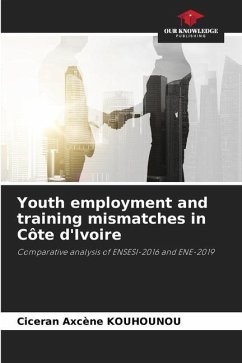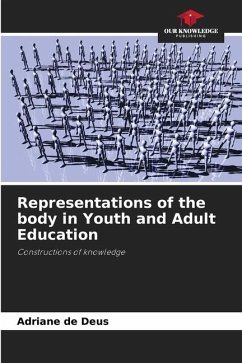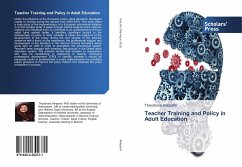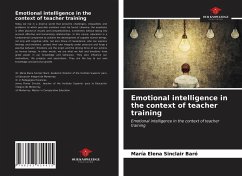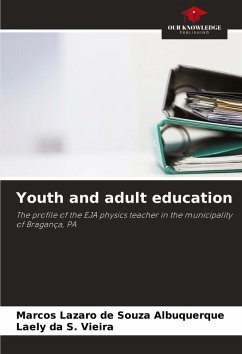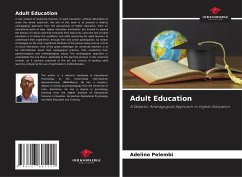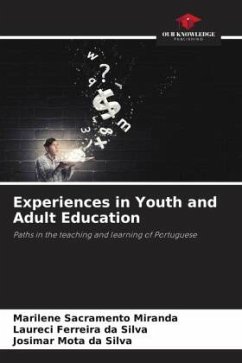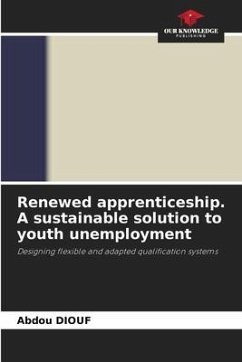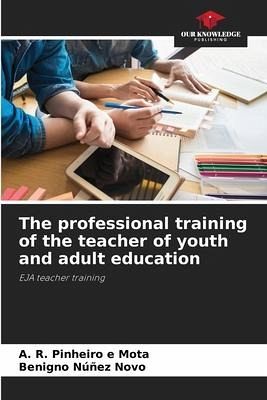
The professional training of the teacher of youth and adult education
EJA teacher training
Versandkostenfrei!
Versandfertig in 6-10 Tagen
27,99 €
inkl. MwSt.

PAYBACK Punkte
14 °P sammeln!
The development of adult literacy in Brazil has had a lot of impetus with the democratic and popular struggles for this space of democratic participation - the right to learn. Over time, several political and pedagogical measures have been adopted, such as: the Campaign for the Education of Adolescents and Adults, the MOBRAL Movement, Supplementary Education, reaching our present day. The present work seeks to observe this historical process, dwelling on the importance of the formation of the educator of the EJA for an effective work. In this sense, use will be made of a vast theoretical-scien...
The development of adult literacy in Brazil has had a lot of impetus with the democratic and popular struggles for this space of democratic participation - the right to learn. Over time, several political and pedagogical measures have been adopted, such as: the Campaign for the Education of Adolescents and Adults, the MOBRAL Movement, Supplementary Education, reaching our present day. The present work seeks to observe this historical process, dwelling on the importance of the formation of the educator of the EJA for an effective work. In this sense, use will be made of a vast theoretical-scientific material which will give greater relevance and credibility to the statements exposed here.




